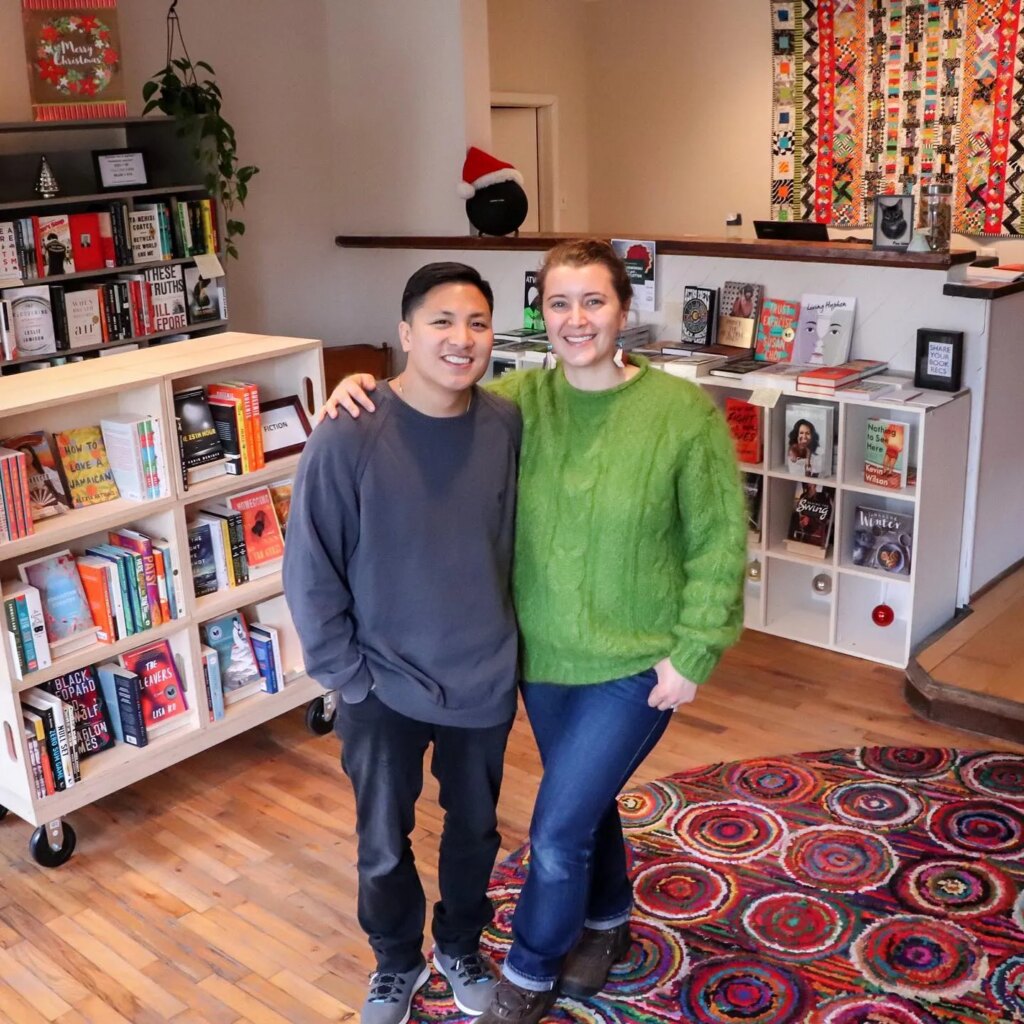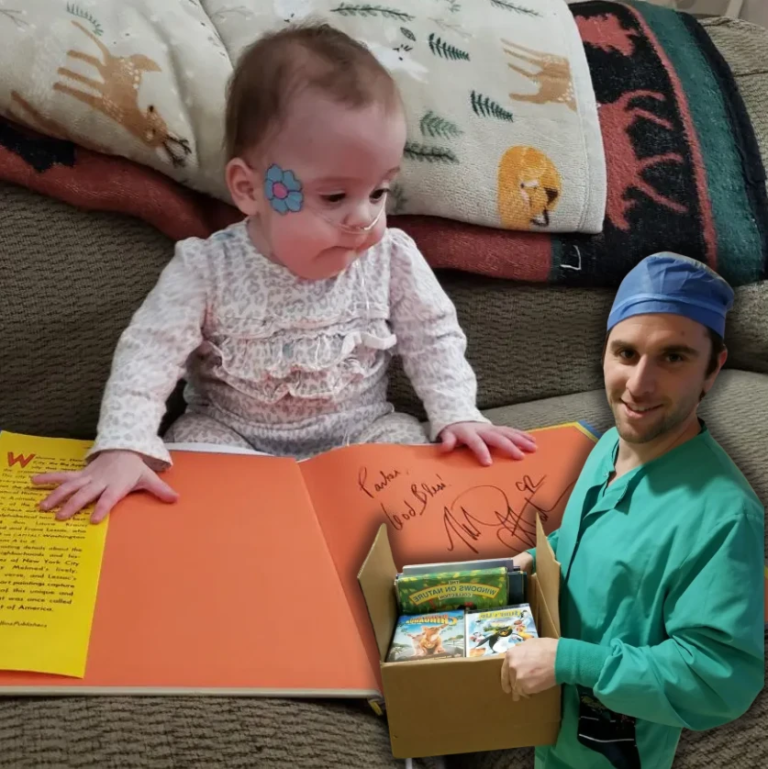After a $35K scam nearly shut down 27th Letter Books, Detroit neighbors came together in a heartwarming show of support to save it.
When a small independent bookstore in Detroit fell victim to an elaborate $35,000 scam, it looked like the end of the road. But what happened next turned a heartbreaking loss into a powerful story of community, kindness, and resilience. Here’s how the community cornerstone went from crisis to comeback, with a little help from their neighbors.
A Local Store with Heart
Tucked into Detroit’s vibrant Southwest side, 27th Letter Books isn’t your average bookstore. It’s not one of those big chain giants with miles of bestsellers and generic vibes. This place is personal. It’s a cozy, curated space where every title on the shelf feels like it was chosen with care.
Their focus? Uplifting marginalized voices, celebrating local authors, and creating a welcoming community space where everyone, from lifelong readers to curious first-timers, feels at home.
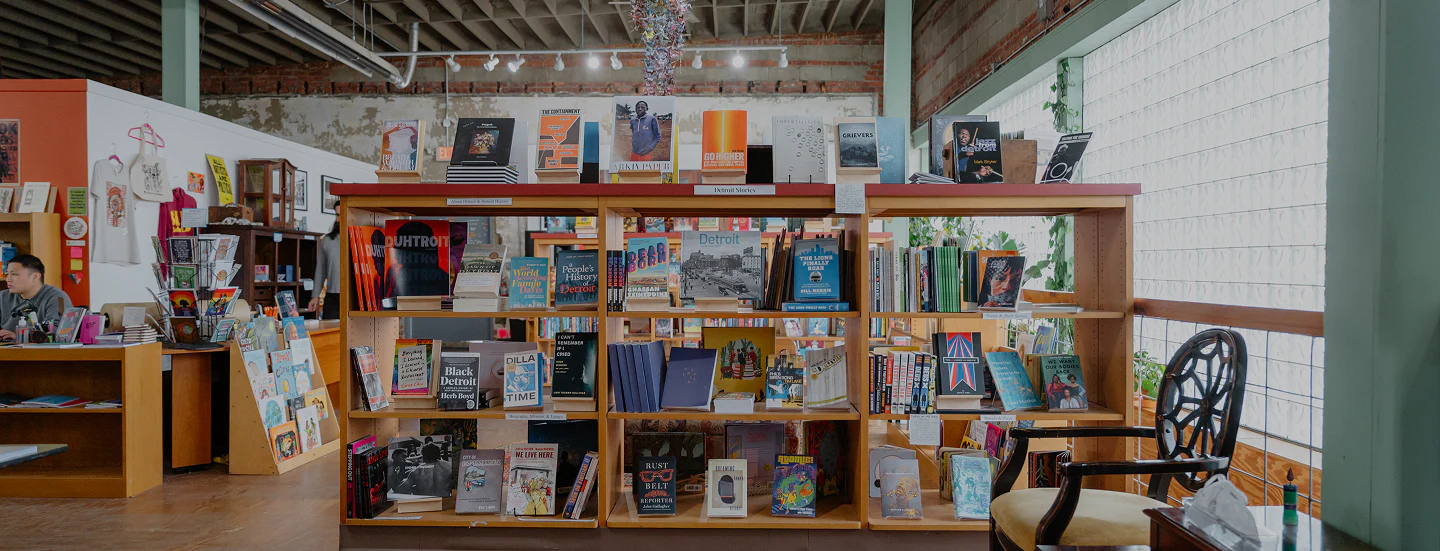
Customers don’t just walk in to buy a book here. They come to connect. To be part of a little literary ecosystem where poetry nights, author readings, and spontaneous conversations bloom. Whether you’re into social justice essays or magical realism, you’re bound to find something you didn’t know you needed. And that’s the charm. Like many independent bookstores, it’s not just about selling books; it’s about sharing stories.
A Pair With Vision
Erin and Andrew (Drew) Pineda are the duo behind 27th Letter Books, and their journey is just as compelling as the bookstore itself. They met at the Air Force Academy, took their worldly adventures in a jade-green Honda Element, and eventually planted roots in Detroit with a shared dream: an indie bookstore that uplifts underrepresented voices.

They originally launched 27th Letter as a pop-up in Detroit’s West Village, eventually securing a permanent spot in Jefferson-Chalmers, thanks in part to a generous $100K grant from Hatch Detroit and a wave of community support.
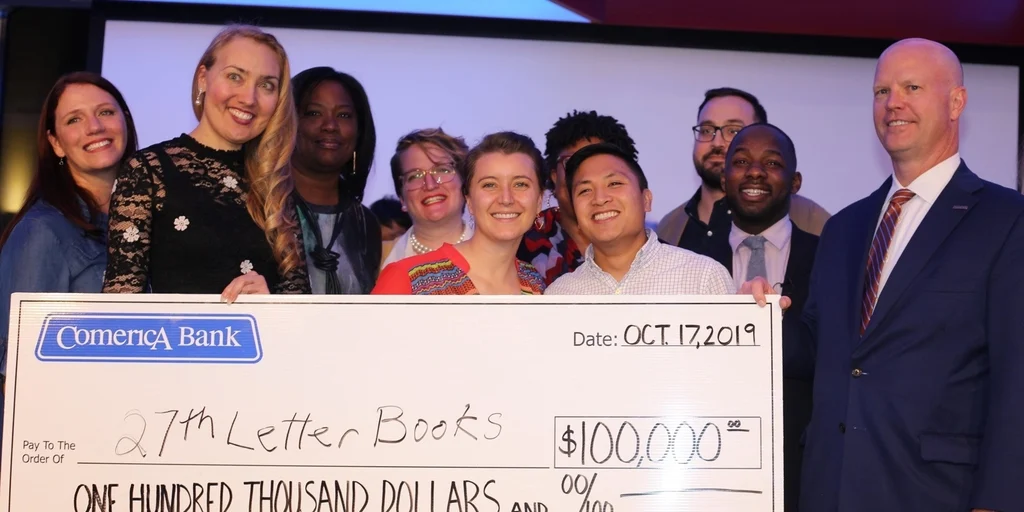
Their bookstore’s name, the 27th Letter, reflects their philosophy. Inspired by the ampersand, “&,” it celebrates connection, transformation, and the expansive potential of language.
Where It Went Wrong
Picture this: a small, independent bookstore opens its doors in Southwest Detroit, full of hope and cozy vibes. The store, 27th Letter Books, had only been alive for about a year when they faced the trifecta: flooding, a car crashing into their building, and then an online scam that wiped out their inventory, to the tune of $35,000.

It all started with what seemed like a dream order: a professor from Michigan requesting textbooks on engineering, medicine, the works. For a small store, something like that is super exciting… or, at least, it was, until the credit card gets flagged as fake. By the time they discovered the fraud, the books were already gone, and so was the money.
Hitting Rock Bottom Means Asking for Help
So what do you do when you’ve given away $35,000 worth of books and your bank account is screaming?
As 27th Letter Books saw it, there were only really two options. Option A: close up shop. Option B: turn to the community. So, they went with Option B. They launched a GoFundMe and braced for the reaction.
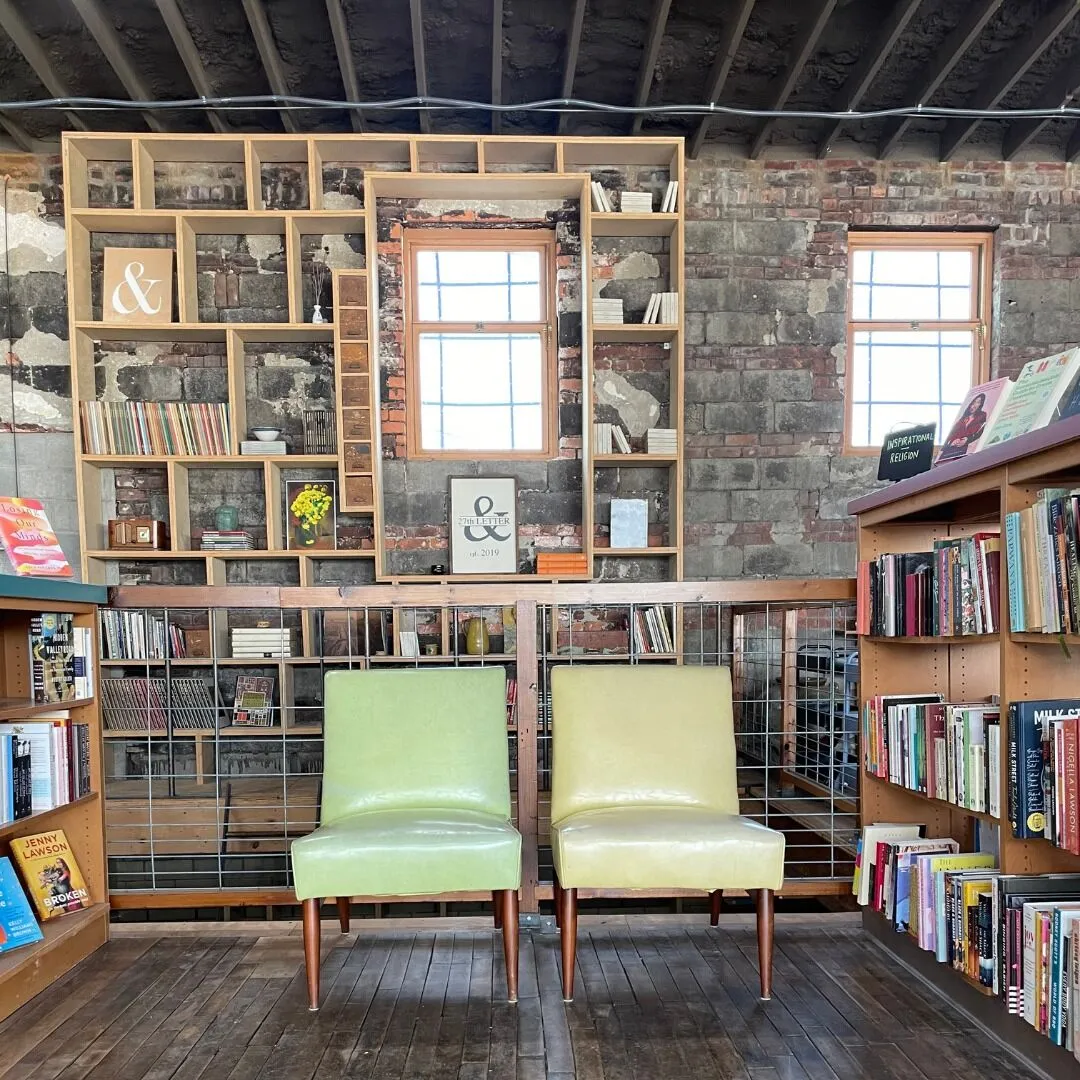
Much to their surprise, within just 10 days, over 400 people had chipped in. But it wasn’t just the money that took them by surprise; there were motivational messages and words of solidarity. By around Day 10, they’d raised more than $35,000, enough to cover the loss entirely.
But in the end, the whole ordeal was more than just money. The GoFundMe gave the bookstore’s owners validation that they didn’t know they needed. The kind that says, “We see you. We appreciate you.”
The Power of Community
Think about it: you walk into your favorite local bookstore, place an order, and suddenly something goes wrong. Now imagine that bookstore posting on social media, or via email, or in store windows: “We lost everything. If we close, this neighborhood loses something too.” That’s how this became more than a fundraiser. It’s how it became a rallying cry.
The message spread fast. People shared it far and wide. Contributions weren’t just one-offs; they were heartfelt. Jazmine Cooper, the general manager, said, “I’d tell small businesses not to be afraid to reach out to their community. They will fight for what they want and what they need.”

That’s the magic of local business: it’s not just commerce, it’s about human connection. You give support, and you get more than books in return.
A Happy Ending… but with Eyes Wide Open
Thanks to the outpouring, 27th Letter Books is still open, they’re still stacking shelves, still inviting the next curious reader through the door. They managed to pay for the books that vanished, cover rent, stock new titles, and keep that bookish dream alive.
But they’re moving forward with more caution. They’ve beefed up their payment protocols, put stronger fraud detection in place, and, most importantly, learned that while big orders can look great, they’re worth vetting. They’re urging other small businesses to take a look at their policies in the hopes of saving others from the same fate.
Join our community of 1.5M readers
Like this story? You'll love our free weekly magazine.





